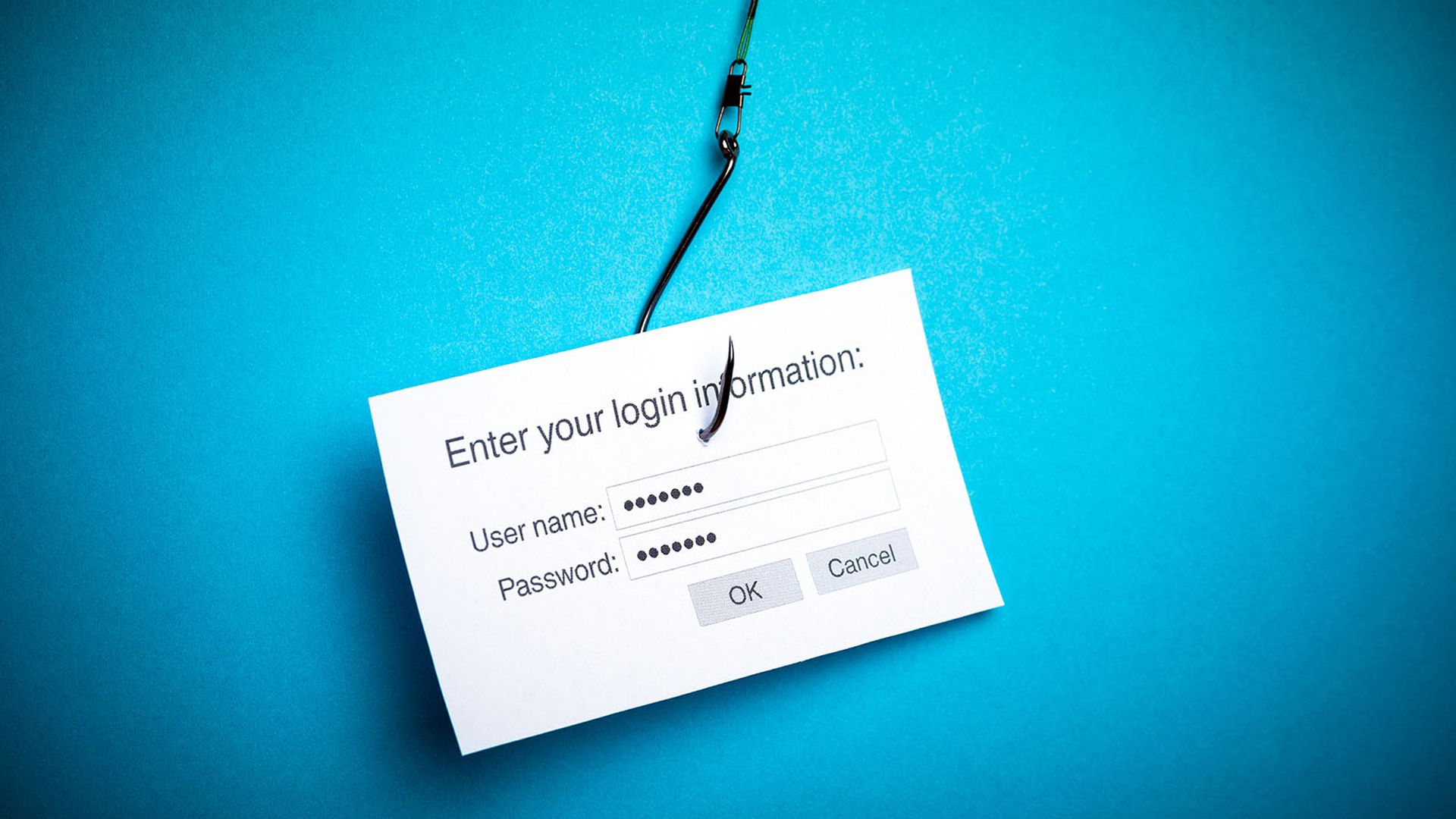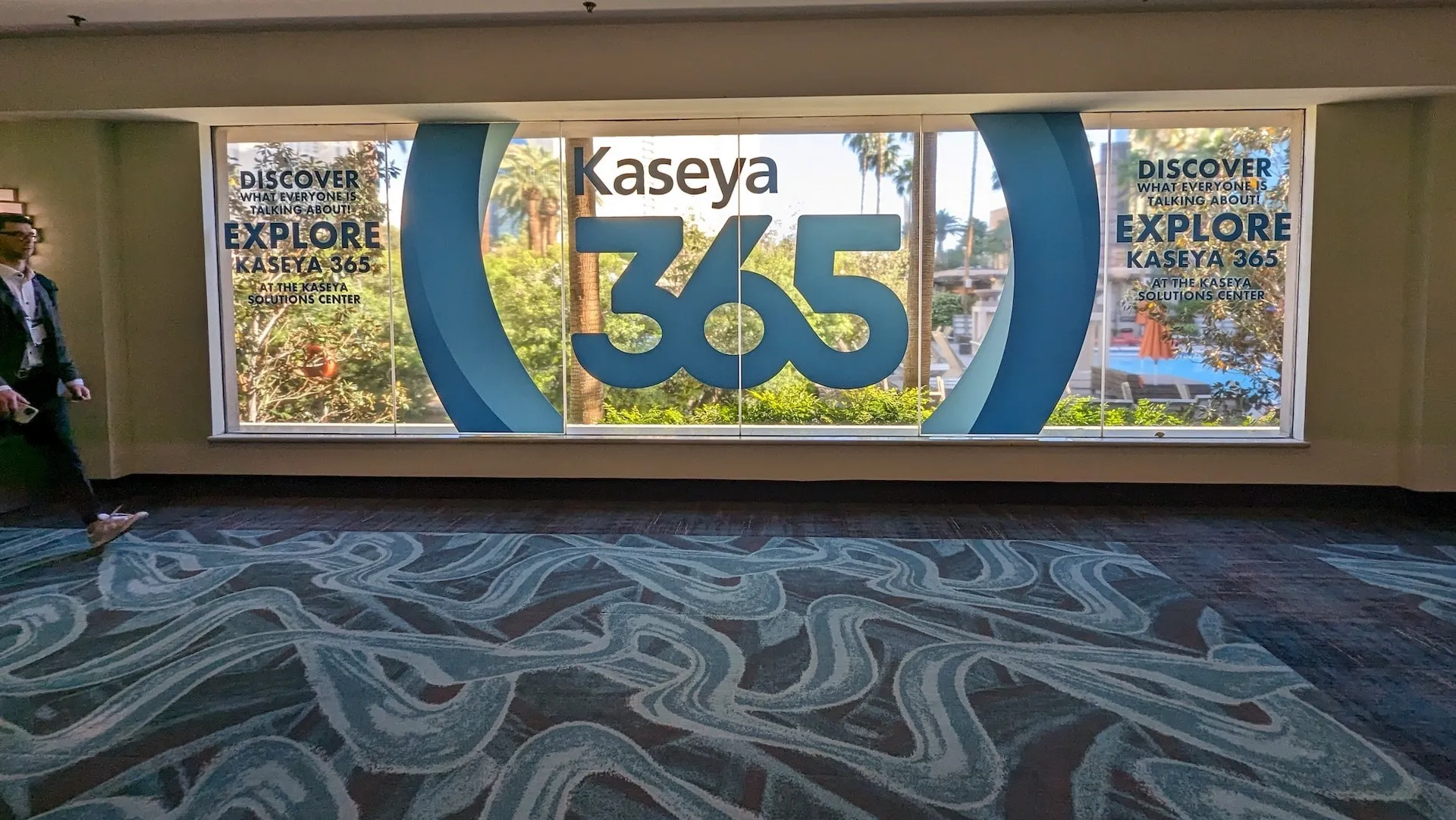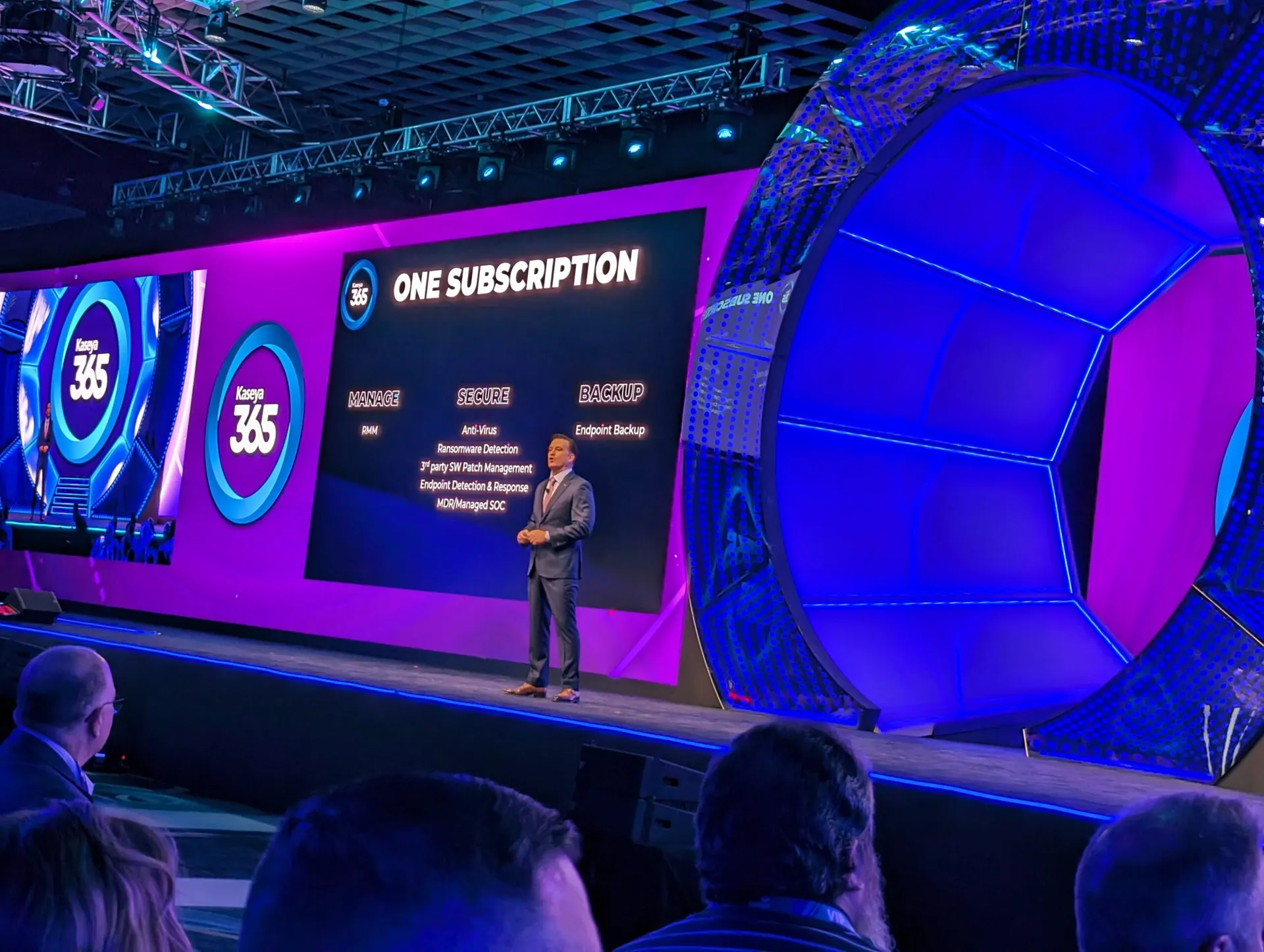In his 2014 Ted Talk on the Internet of Things (IoT), Dr. John Barrett -- Head of Academic Studies at the Nimbus Centre for Embedded Systems Research at Cork Institute of Technology -- said that by 2032 it is predicted that each of us could be in touch with up to 5,000 different smart “things” each day. While reasonable minds can differ regarding the actual smart things we will interact with, there is little doubt that the IoT revolution is upon us. And, with it, the explosion of the “As a Service” economy.
The proliferation of smart devices brings the opportunity to re-imagine our world and create new services. I was recently at an industry event where many in the audience learned that smart street lights can also help optimize parking in urban areas. It is easy to imagine an “app for that,” which will sense your location, identify that you are looking to park and guide you to the nearest and most affordable parking space. I’m not sure about everyone else, but I’d gladly pay $5 for an application on my smart phone that could save me $20 in parking fees several times a year.
Similarly, on the utility side, we should recognize that smart meters, and the associated business intelligence, can translate into multiple additional revenue streams. As just one example, utilities could provide a basic level of home monitoring services that can help with elder care or child care issues. Because utilities can know basic energy consumption patterns at any particular customer location, they can offer services that identify and alert anomalies to those patterns. This could be helpful, for instance, in determining if an elderly parent who lives alone is having a typical day and send an alert to loved ones if energy patterns are less than normal. Similarly, those parents who are wondering if their children made it home from school safely can also be notified of abnormal energy patterns, which may alert to a problem.
This is, without question, the most exciting time in our industry and we are thrilled to be a part of it and helping our clients navigate these new, unchartered waters. The IoT revolution is creating many opportunities for new revenue streams. The two opportunities mentioned above are only examples of low hanging fruit. There are countless other examples related to distributed energy optimization, demand response, additional value-added services and a host of other things.
Not surprisingly, at the 26th annual DistribuTECH conference in Orlando, Fla., the theme was “Focused on the Future,” and IoT was one of many technological developments with the potential to change and disrupt our modern lives that was discussed. One of the keynote speakers, David Pogue, host of NOVA ScienceNow and founder of the Yahoo Tech website, discussed how all of our modern conveniences can now be connected together on IoT - particularly for utility customers, allowing us to control things like temperature in our homes when we are not physically there.
For utility companies, IoT is a great opportunity, providing them the ability to pull huge quantities of data from millions of devices, make sense of it all, and ensure the right actions are taken to optimize asset usage and cut energy costs. In addition to normal operating benefits, those who embrace, imagine and monetize these opportunities will also experience increased customer engagement and, of course, the additional revenue streams that follow.
At Capgemini, we have also been looking closely at IoT and how our clients can leverage smart technologies to monetize IoT. Click here to view recent research and articles on the IoT and even 10 steps to launch your IoT Project.
Bart Thielbar is VP, North American Utilities Practice Leader at Capgemini. This blog was originally published by Capgemini. Read more Capgemini blogs here.




